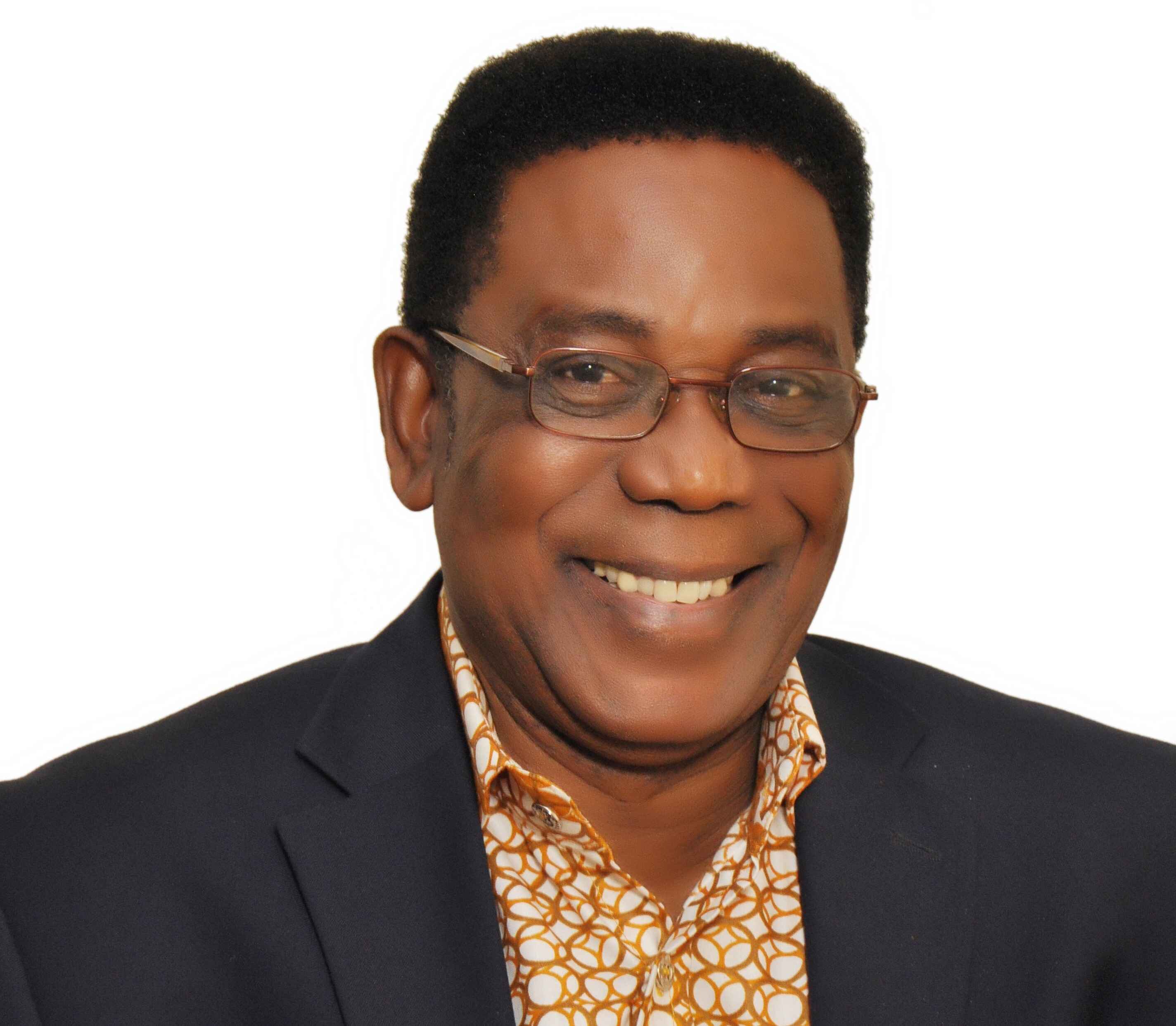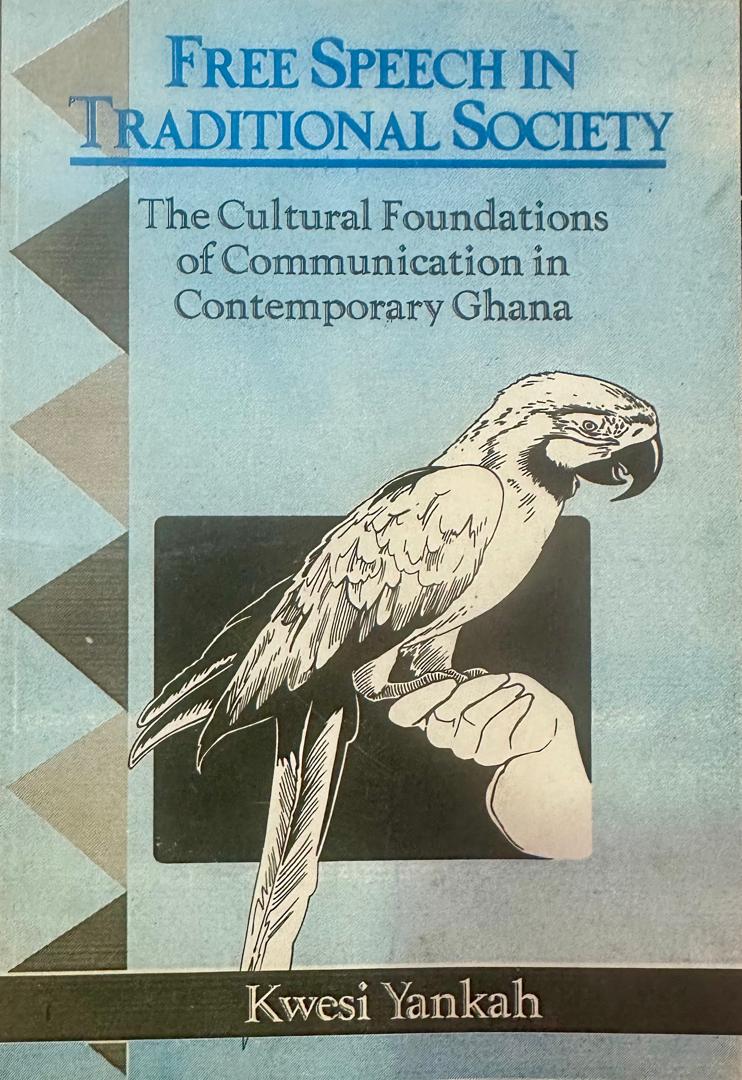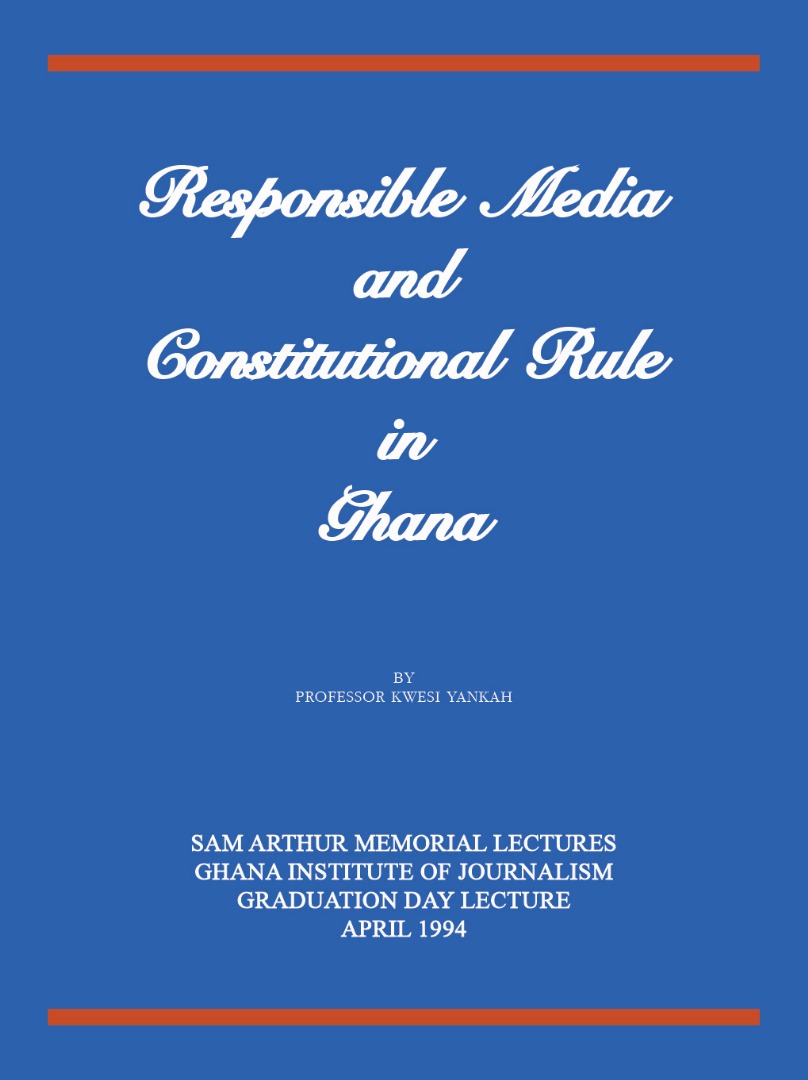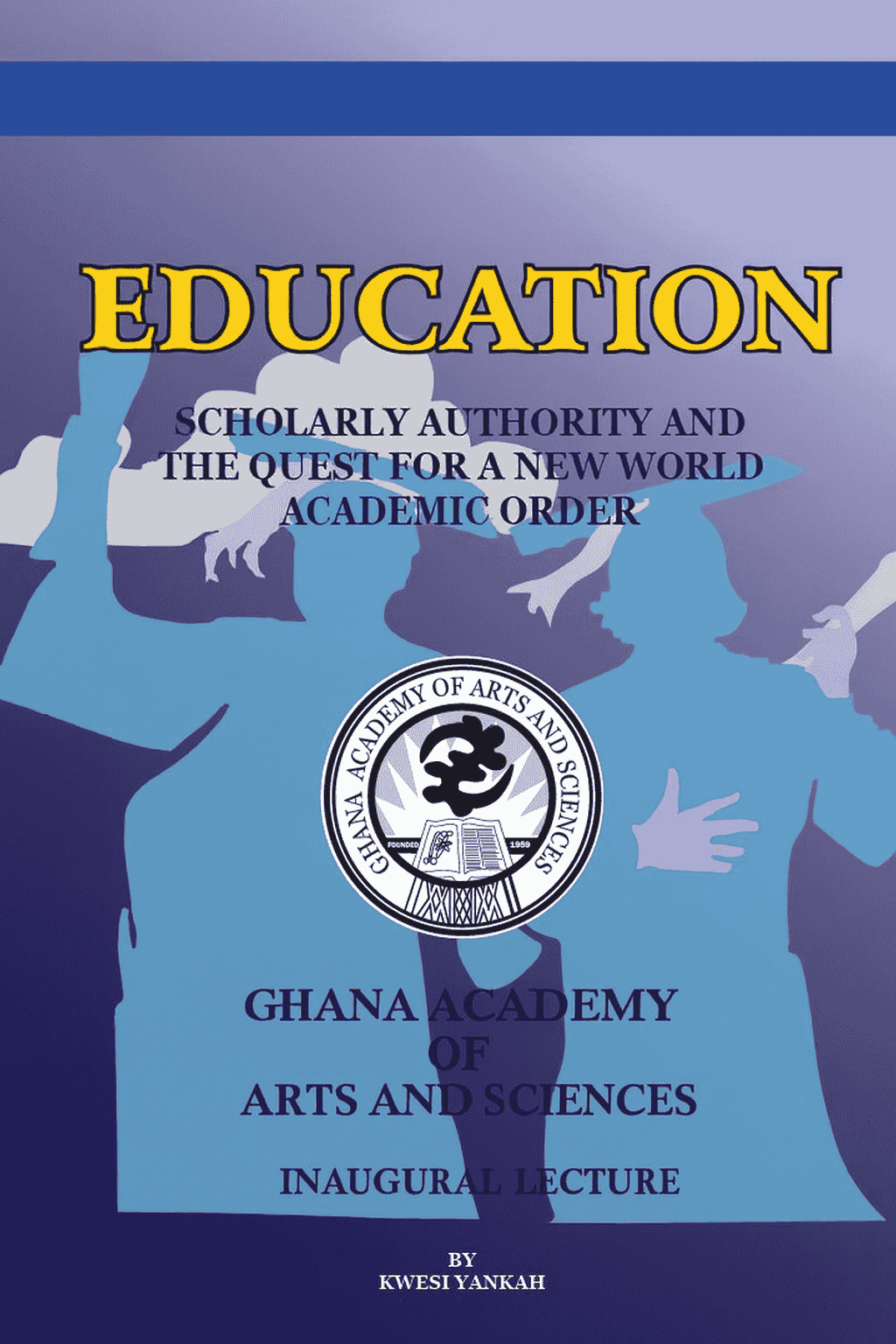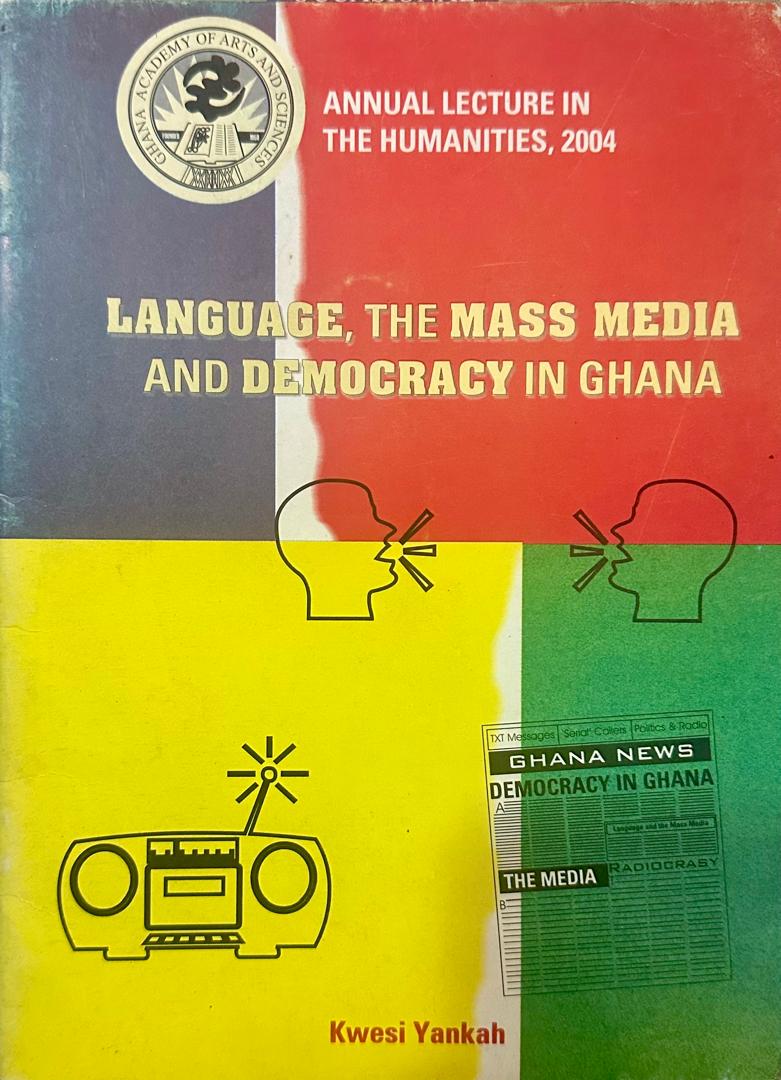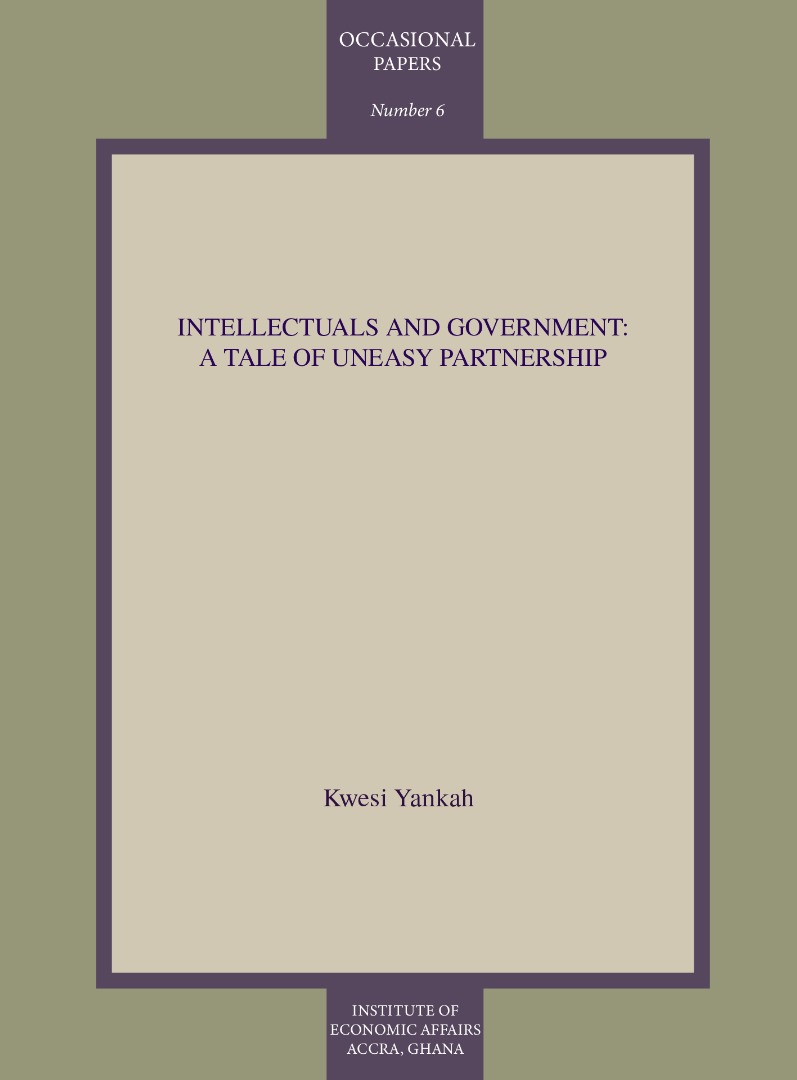Description
Free Speech in Traditional Society by Kwesi Yankah explores the nuanced and often misunderstood concept of freedom of speech within African traditional societies, particularly among the Akan people of Ghana. Yankah argues that while these societies may not conform to Western models of open discourse, they possessed intricate systems that allowed for expression, dissent, and accountability—albeit within culturally defined boundaries. Through proverbs, storytelling, satire, and indirect speech, individuals could criticize authority or comment on social issues without direct confrontation, preserving both communal harmony and individual voice.
In the essay, Yankah emphasizes the role of language, performance, and social hierarchy in shaping who could speak, when, and how. He illustrates how figures like court jesters, elders, or specific ritual performers held sanctioned roles for voicing critical opinions, showing that traditional systems were not silent or oppressive but operated under a logic of respect, decorum, and symbolic communication. Ultimately, the work challenges the binary notion that traditional societies lack free speech, revealing instead a complex cultural mechanism for managing expression within the collective framework.
